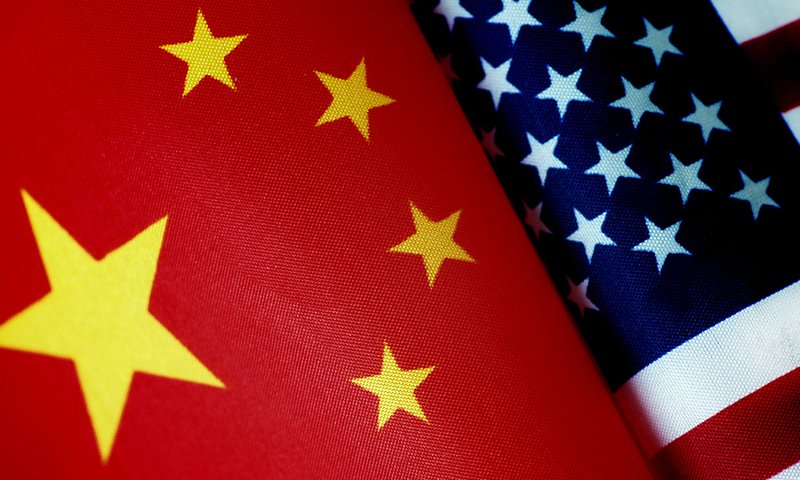US needs to create favorable conditions for trade deal: MOFCOM
By GT staff reporters Source: Global Times Published: 2020/8/13 21:28:40

China will impose tariffs of 25 percent on 106 items made in the US, including soybeans, automobiles, chemical products and airplanes, said a statement on the official WeChat account of China's Ministry of Commerce (MOFCOM) on Wednesday.
China's Ministry of Commerce (MOFCOM) Thursday urged the US to end restrictive and discriminatory measures on Chinese companies to create a good environment for the implementation of the phase one trade deal.
Ren Hongbin, assistant minister of commerce, said that since the signing of the deal in January, China has attached great importance to implementing the pact, with a substantial amount of work done by related departments.
"However, the impact of the COVID-19 pandemic and tightening export curbs the US side placed on China undoubtedly affected China's imports of certain products and services from the US," Ren said, urging the US side to end its restrictive and discriminatory measures against Chinese companies to create favorable conditions for the deal's implementation.
Ren's comments were made as the world's two largest economies are set to review the implementation of the trade deal, which was signed in January.
Gao Lingyun, an expert at the Chinese Academy of Social Sciences, told the Global Times Thursday that the upcoming China-US dialogues may focus on how the phase one trade deal has been carried out, what both sides' concerns are, and what efforts both sides need to make in the next stage.
"It is indeed a fact that China hasn't fully achieved the import goal set in the trade deal, but abundant evidence shows that one of the main reasons is the US' crackdown and obstruction," Gao said, referring to a series of export restrictions by the Trump administration over the last half year.
Amid the COVID-19 pandemic in the US and deteriorating China-US bilateral relations, China's imports from the US declined 3.5 percent to $67.71 billion in the first seven months of the year, customs data showed.
As a government that honors commitments, Chinese authorities' attitude toward implementing the phase one trade deal genuinely has remained unchanged, Gao stressed.
He said that the US side should move actively to boost the smooth implementation of the trade deal, while putting constraints on the words and deeds of certain American politicians who don't want to see China-US economic and trade cooperation move forward.
As the US presidential election nears, the Trump administration has ramped up friction with China, extending the scope of friction from trade to investment and technology. The attempts have drawn stern criticism from the Chinese side.
"It's time for the US side to face the reality and act according to economic principles," Mei Xinyu, a research fellow with the Chinese Academy of International Trade and Economic Cooperation under the Ministry of Commerce, told the Global Times Thursday.
RELATED ARTICLES:
Posted in: BIZ FOCUS,CHINA-US FOCUS